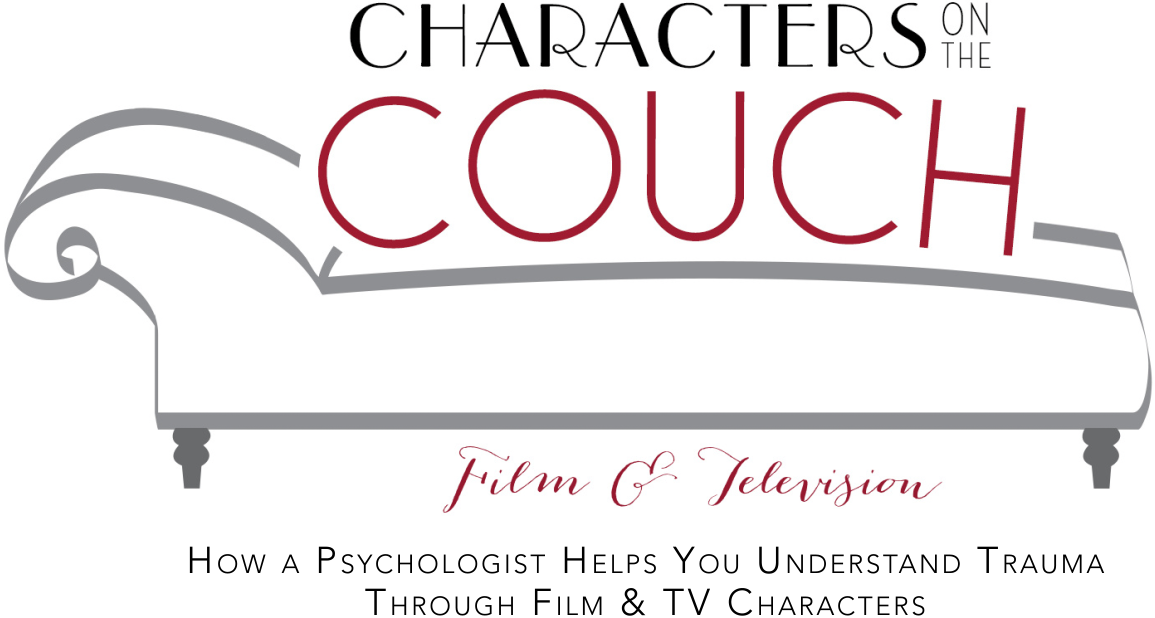
How a Psychologist Helps You Understand Trauma Through Film & tV Characters

Welcome to Characters On The Couch, my Film & Television site, where I delve into character psychology. If you’re interested in psychology, film, or a combination of the two, I bring my insights into your favorite contemporary and classic characters. I hope to help you understand their deeper psychological motivations (and, maybe, even your own).
When you think about truly iconic films, do you wonder what gives them such staying power? Is it the time of your life when you watched them? Is it the costumes or images that seemed unforgettable? Did one or more characters align with your struggles or painful experiences? Did you feel along with them? Or maybe, it’s simply that the film pulled at your heart and caused you to explore emotions in a new and profound way?
I say it’s all of the above. And, in the same way, when these meaningful elements are missing, a story becomes forgettable. I hope this site will encourage you to transform your story, personal or in writing, into magic by finding the human thread that links it and you to a universal experience.
Everything in life ties us back to complex emotions and the rhythm and language of feelings and psychology. I'll offer you that language of feeling in my blog as I write about the human struggles in each film.
ROOM
How Does Therapy Find Words
For Wordless Trauma?
Director Lenny Abrahamson and writer Emma Donoghue’s film, ROOM, takes us directly into the emotional experience of trauma. As the film opens, we hear a little boy’s voice introducing us to a girl named Ma. Kidnapped, stolen from her life, and kept in ROOM for seven years, Ma lives in a world as incomprehensible as Alice’s…
THE BIG SHORT
Danger Of Living In Bubbles
& Fooling Ourselves
The Big Short, directed by Adam McKay, starring Christian Bale, Ryan Gosling, Steve Carell, and Brad Pitt, tells more than the story of the U.S. housing bubble from 2001 to 2005. More than the story of risky advantages taken by mortgage companies, hedge funds, and investment bankers to profit from it. I’m a psychoanalyst, not an…

